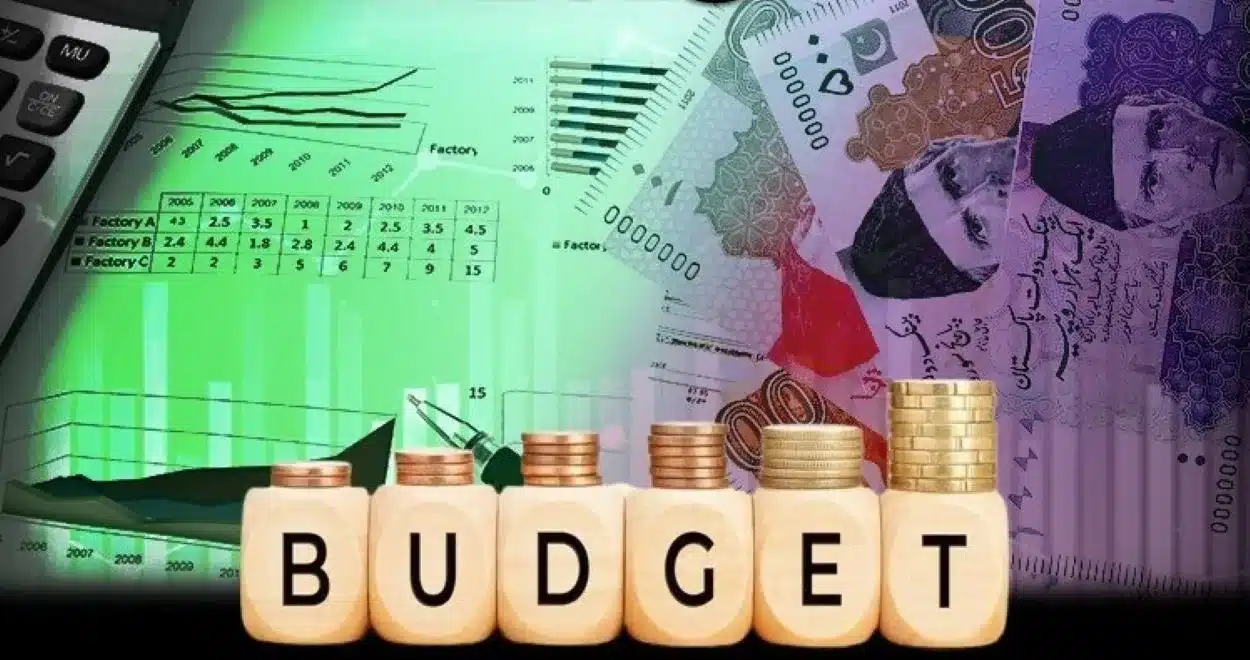Given the increased cost of mark-ups due to high interest rates, the coalition government is projected to propose a budget between Rs13 and Rs15 trillion for the 2023-24 fiscal year.
In a budget overview published by Topline Securities, the government will establish a fiscal target of Rs9 to Rs9.2 trillion for 2023-24, marking a 21% increase from the current year’s goal of Rs7.5 trillion.
It’s crucial to mention that if this tax objective is implemented, it would be 29% higher than the anticipated tax collection for the outgoing fiscal year 2023.
Topline Securities acknowledges that presenting a budget for the upcoming year amidst stagflation, election-related uncertainties, and questions about how Pakistan will address its external account funding gap is a considerable challenge for the government.
The report indicates that the uncertainty surrounding financing the US dollar funding gap is causing instability in the currency, bond, and stock markets.
In the past five years, actual revenue targets have differed from projections by an average of 8%. The report anticipates similar discrepancies for the fiscal year 2024 due to economic deceleration.
For fiscal year 2024, non-tax revenue is projected at Rs2.5 trillion (2.4% of GDP), compared to the Rs1.6 trillion (2% of GDP) estimated for 2023. Potential tax measures the government may implement include taxes on undistributed reserves, a continuation of super tax, a shift from a final tax regime to a minimum tax regime, asset/wealth tax, higher tax for non-filers, tax on rental income, and taxes on banks, tobacco, and beverages.
Federal Public Sector Development Programme (PSDP) development spending is expected to be around Rs0.9 trillion for fiscal year 2024.
The report highlights, “Major cuts in this area could occur due to fiscal constraints. The total PSDP (federal and provincial) will reach Rs2.6 trillion (2.5% of GDP) in 2024.
Given the political shifts that have pushed Imran Khan’s Pakistan Tehreek-e-Insaf (PTI) to the sidelines, a fragile coalition government could assume power following the elections. First, however, the new government’s ability to handle the economic crisis is worth monitoring.
For the sake of appearances, the government could set ambitious revenue targets to free up funds for budgetary spending.”
The report also mentions doubts about the government’s ability to conclude the current International Monetary Fund (IMF) program on schedule.
Regardless of the current IMF program’s status, the report insists that Pakistan must engage in a larger, subsequent IMF program.
It continues, “High inflation and an economic slowdown are putting the government under significant political pressure, and it could react by introducing policies to alleviate the public in the upcoming budget. These could include expansionary measures such as direct cash subsidies for the disadvantaged and hikes in minimum wages.”
However, the report cautions that significant tax collection efforts should balance any increase in spending.
According to the research, the forthcoming budget could have a neutral to a positive impact on the stock market and a neutral effect on sectors like oil and gas exploration, chemicals, pharmaceuticals, consumer goods, tobacco, technology and communication, textile, cement, fertilizers, and oil marketing companies.
Conversely, the budget could have a neutral to negative impact on banks and the auto sector while potentially benefiting steel producers and independent power producers.






